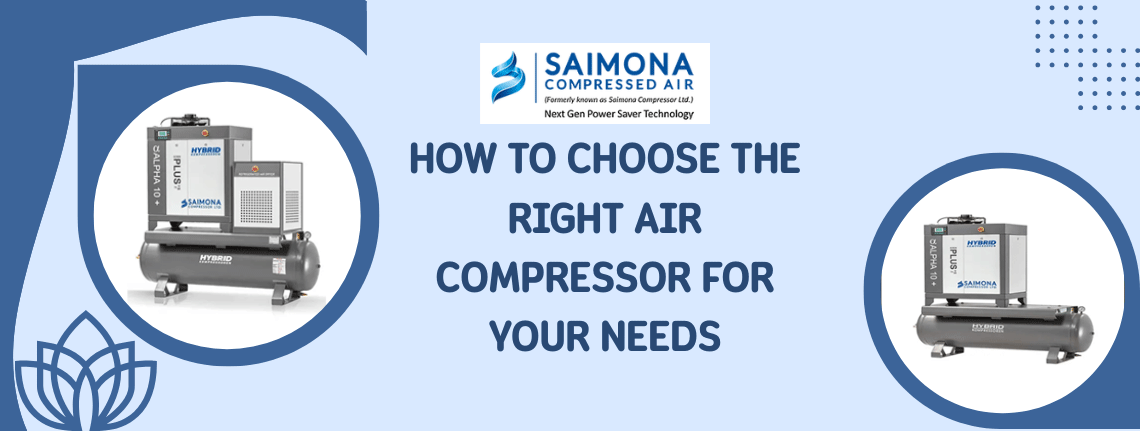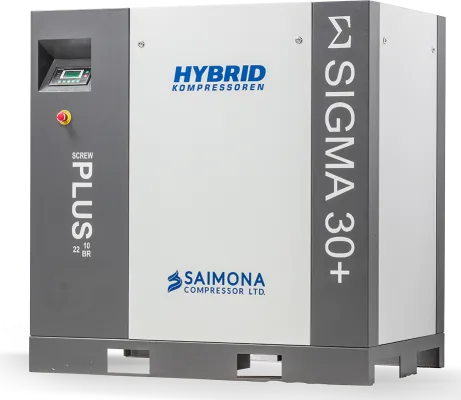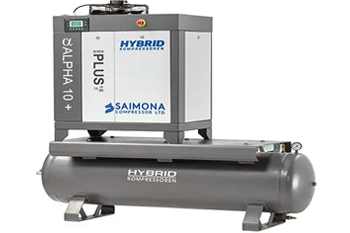How to Choose the Right Air Compressor for Your Needs
An air compressor is a multipurpose and necessary item that is utilized in homes, workshops, and even enterprises. Whether you're using an air compressor to power industrial machinery, pneumatic tools, spray painting, or tire inflation, selecting the correct one is essential for effectiveness and performance. It can be difficult to choose the best one because there are so many different kinds and features available. This advice will assist you in making a well-informed choice.
1. Understand Your Purpose
The first step in choosing an air compressor is identifying how and where you’ll use it.
- 1.Home Use: Tire inflation, do-it-yourself tasks, and equipment dust removal.
- 2.Workshop Use: operating air tools such as sanders, impact wrenches, and nail guns.
- 3.Industrial Use:running production lines, running machinery, or powering several tools at once.
2. Check the Air Compressor Type
Air compressors come in different designs, and each serves specific purposes:
- 1.Reciprocating Compressors: Common in small industries and workshops, best used occasionally.
- 2.Rotary Screw Compressors: Perfect for large-scale enterprises that require continuous operation.
- 3.Centrifugal Compressors: used in heavy industries where extremely high air volume needs exist.
3. Determine the Required CFM and PSI
CFM (Cubic Feet per Minute): Indicates the airflow rate. Higher CFM is needed for larger tools or multiple tools at once.
PSI (Pounds per Square Inch): Refers to the pressure output. Most air tools work efficiently at 90–120 PSI.
4. Choose the Right Tank Size
How long you can use your tools before the compressor restarts depends on the size of the compressed air tank:
- Small Tanks (1–6 gallons): Suitable for light, occasional use.
- Medium Tanks (10–30 gallons):Good for small workshops.
- Large Tanks (60+ gallons):Best for industrial and heavy-duty applications.
5. Power Source and Portability
- Electric Air Compressors: Quiet, easy to maintain, and ideal for indoor use.
- Gas-Powered Air Compressors: Powerful and portable, ideal for unelectric outdoor work areas.
- Stationary vs. PortableFor heavy industrial use, stationary units are more durable; if you need mobility, use a portable device with wheels.
6. Noise Level Considerations
Noise can be a problem, especially in small workshops or residential neighborhoods. Look for compressors with low decibel levels or those with noise-reduction technology.
7. Maintenance and Durability
Select a model with a sturdy construction, ideally one that has an oil-lubricated motor or cast-iron pump for longevity. Performing routine maintenance will help your compressor last longer.
8. Budget and Brand Reputation
Although it may be tempting to go with the least expensive option, think about after-sales service, spare component availability, and long-term dependability. Better warranties and service are frequently provided by reputable brands.
Conclusion
Selecting the right air compressor depends on your usage, power requirements, portability needs, and budget. By understanding CFM, PSI, tank size, and compressor type, you can invest in a model that meets your needs without overspending. A well-chosen air compressor not only boosts productivity but also ensures years of reliable performance.




